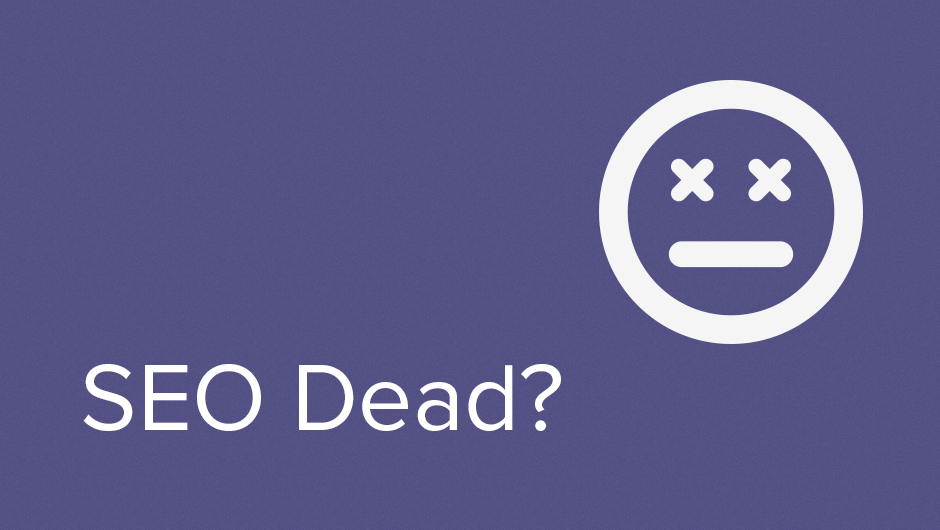
SEO is dead – well, at least that’s where we’re headed with the way search engine algorithms are changing.
Google is moving away from SEO and link building, instead they are focusing on rich content and back links to sprout up naturally – this is a clever way to focus on the user and bring relevant content to the top instead of ranked websites that maybe on the front-page because of unnatural link building. Google’s algorithm that brought about this change is called “Google Penguin”.
Google Penguin
What is it? – An algorithm released on 24th April 2012 that removes slow, duplicated, and spammy websites, focusing on top ranking sites with rich content.
How will it affect us? – Websites using old SEO techniques like paid link building will be ranked lower than websites with rich and fast loading content.
What can we do? – Create original and rich content, promoting them via social media websites that are shared and produce organic traffic.
The latest version, 2.0, has greater improvements on removing black hat spam. It helps remove poor user experience and sites that break search engine rules and regulations. Checkout the full video on what to expect from Google in terms of SEO.
Rich & Original Content
Google Penguin rewards content that’s unique, relevant to the user, and has good usability and speed. Pages that provide such content will be ranked higher in Google’s search results and ultimately pull in more traffic and have higher conversion rates.
Authorship
Google Authorship is a form of tagging content to users to boost rankings. Authors whom have a weighting in their niche will outrank other content – the more contacts, relevant content, and activity all affect how high they are ranked.
Personalised Search
Searching using Google has now been personalised – this is due to users being signed in all the time so search results are tailored to fit the needs of the user with location, friend recommendations, and past searches. For example, searching for a takeaway will bring up places close by and also take into account past searches and friend reviews.
Speed
Load time affects Google rankings. The faster a website is, the more traffic it gets, and ultimately the more revenue it generates. It works on speed so Google determine how long it takes to get a ping back and ranks the site accordingly – this is just one factor as other aspects, like relevancy, is taken into account.
Summary
Speed is important, especially with Google’s new algorithm (Google Penguin) to push site’s to follow their guidelines. A good user experience is their goal, websites need to be rich in content, tagged to well known individuals whom have weighting for their niche, and most importantly the site’s pages need to be quick to be ranked higher.
CDNify can help with the move to relevant content as it provides the ability to boost a website’s speed, be it a startup, blogger, or developer site.
Signup for free today with CDNify.
